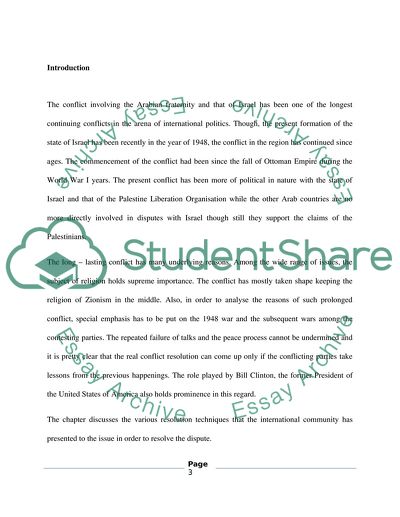Cite this document
(The Middle East Today: Arab-Israeli Conflict Dissertation, n.d.)
The Middle East Today: Arab-Israeli Conflict Dissertation. Retrieved from https://studentshare.org/history/1736165-arab-and-isreal-conflict
The Middle East Today: Arab-Israeli Conflict Dissertation. Retrieved from https://studentshare.org/history/1736165-arab-and-isreal-conflict
(The Middle East Today: Arab-Israeli Conflict Dissertation)
The Middle East Today: Arab-Israeli Conflict Dissertation. https://studentshare.org/history/1736165-arab-and-isreal-conflict.
The Middle East Today: Arab-Israeli Conflict Dissertation. https://studentshare.org/history/1736165-arab-and-isreal-conflict.
“The Middle East Today: Arab-Israeli Conflict Dissertation”, n.d. https://studentshare.org/history/1736165-arab-and-isreal-conflict.


